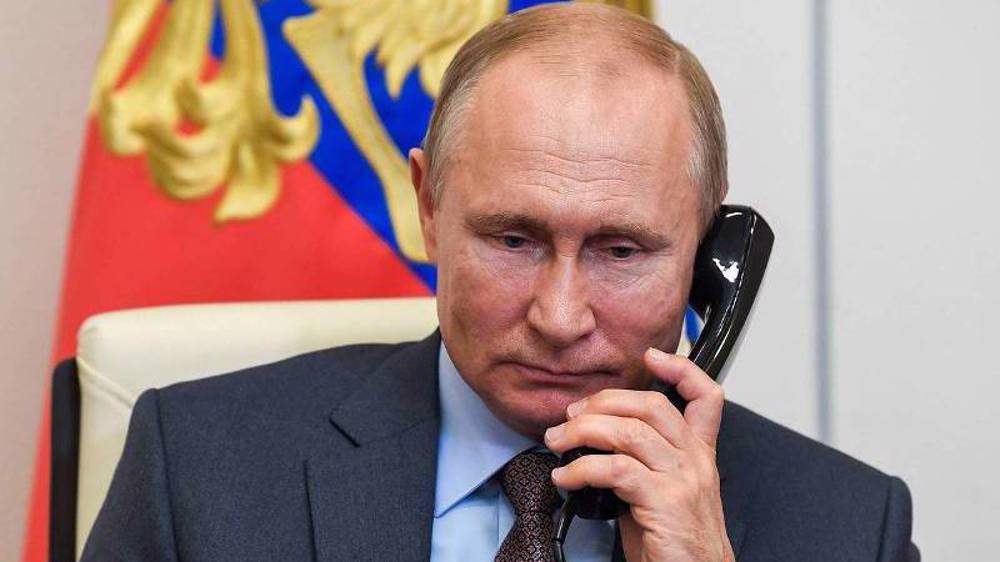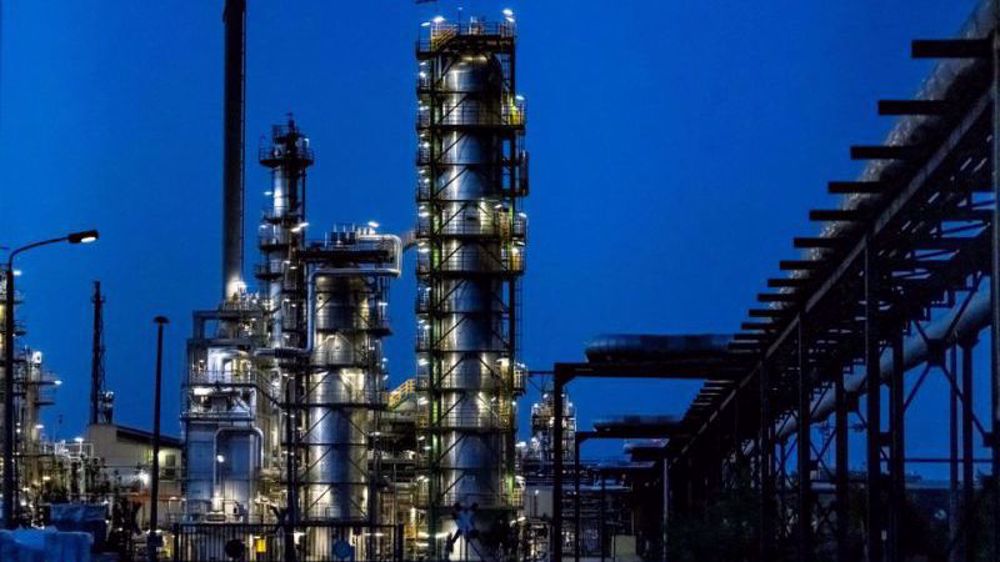‘Grave consequences’ to follow price caps on Russian oil, Putin warns
Russian President Vladimir Putin has warned of “grave consequences” to the US-led scheme of introducing punitive price caps on Russian crude oil, as the European Union nations failed to agree on a price ceiling.
In a telephone conversation with the Iraqi prime minister Thursday, Putin warned such a plan would violate the principles of market relations and have serious consequences for the global energy market.
"Vladimir Putin stressed that such actions are contrary to the principles of market relations and are highly likely to lead to grave consequences for global energy markets," the Kremlin said in a readout of the Russian leader's call with Iraqi Prime Minister Mohammed Shia al-Sudani.
Representatives of the bloc's 27 governments failed to agree on a Group of Seven (G7) proposal to set the price ceiling in the range of $65-$70 per barrel during talks in the Belgian capital of Brussels on Wednesday. They resumed talks on Thursday to reach an agreement, but all to no avail.
The European Commission proposed that the ceiling be set at $65 per barrel. However, Poland, Lithuania, and Estonia opposed the proposal, saying such a price would be too "generous" and would leave Moscow with too high a profit as production costs are about $20 per barrel.
The European nations will continue talks on Friday to reach an agreement on a fixed price cap.
According to the Kremlin, both Putin and Sudani had spoken positively of the two countries' work within the framework of OPEC+, which, the Kremlin said, helped "stabilize the world oil market."
Russia and Iraq are both major oil producers and members of the OPEC+ agreement.
The G7, including the United States as well as the entire EU plus Australia, has stepped up attempts in recent days to impose a punitive price cap on sea-borne exports of Russian oil on December 5, as part of sanctions against Moscow over its military operation in Ukraine that began on February 24.
Around 70-85 percent of Russia's crude exports are carried by tankers rather than pipelines, and the idea of a price cap, spearheaded by Washington, is to ban shipping, insurance and re-insurance companies from handling cargos of Russian crude oil across the world, unless it is sold at or below the price set by the G7 and its allies.
Since the onset of the war in Ukraine, the United States and its European allies have imposed waves of economic sanctions against Moscow while supplying large consignments of heavy weaponry to Kiev. The Kremlin says the sanctions and the supplies will prolong the war.
Iran warns against US-Israeli plot to weaken Muslims, dominate region
VIDEO | Public uproar in US against Israeli regime
‘Ghost town’: 70% of Jabalia buildings destroyed by Israel
Mother’s Day: Sareh Javanmardi’s inspiring journey as Paralympic champion and mother
Russia downs over 40 Ukrainian drones as Putin vows 'destruction' on Kiev
VIDEO | Yemen: A bone in Israeli neck
D-8’s role in Iran’s economy after Cairo summit
China slams US as ‘war-addicted’ threat to global security











 This makes it easy to access the Press TV website
This makes it easy to access the Press TV website